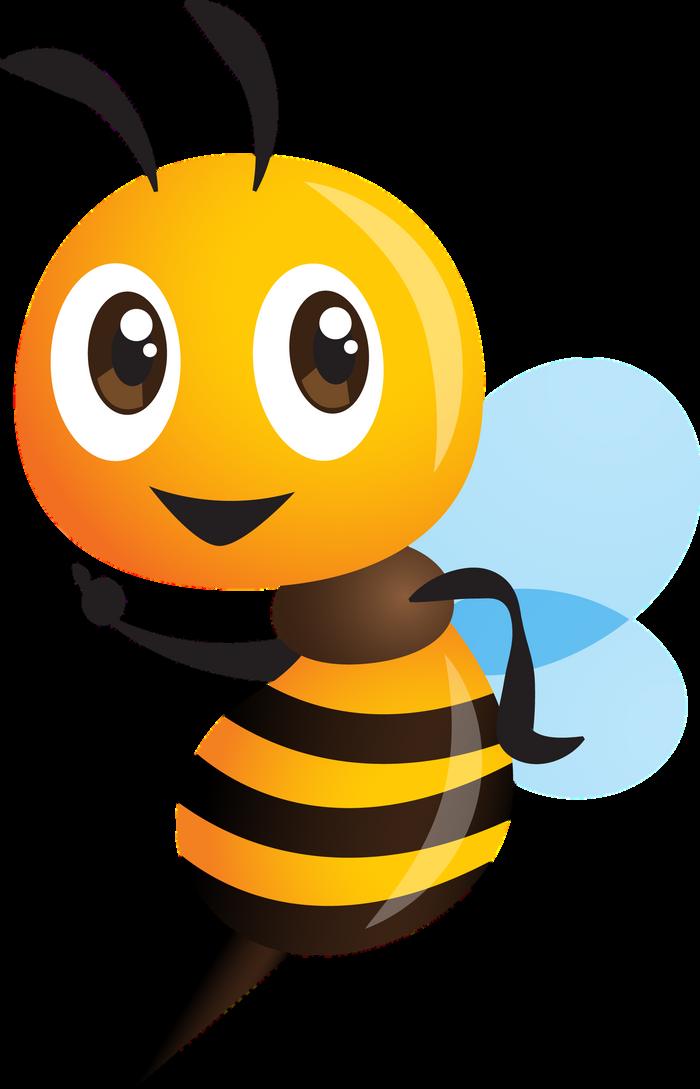
1 minute read
Lesson, We Can EDITOR VIEW Learn From The Honey Bees
It may sound strange to suggest that humans can learn about life from honeybees. Obviously, these small insects are not as developed as we are. They lack the ability to speak, read and write Our skyscrapers are much more complicated than their hives, and we have imagination, consciousness, personalities, souls, and moral judgment. But there are actually some major life lessons that can be learned from honeybees.
The team work oneybees are nature’s ultimate team-players. They cooperate in everything they do. They also behave as if individuals matter, while at the same time keeping the common good of the hive as their priority If one bee is suffering or falling behind, the others step up and do the work, making sure that collective productivity is never reduced.
Advertisement







The relationship between honey bees is not a fifty-fifty partnership or a competition. If a job needs to be done, any available bee will jump on it. This makes their community both incredibly efficient and harmonious in a way rarely seen in human society.
Bees have an innate sense of responsibility. They are driven by the desire to work, produce and sustain the colony. They pick up delays caused by others, doing what needs to be done, without micromanagement or delay.
Be a true leader
Live your work ethic
Colonies have queens, without bureaucracy or dictatorship The queen knows her role and she performs her duties without interfering with the work of her subjects. And although the bees depend on their queen, she still behaves as a servant to her hive.
Bees are deeply engaged with each other They keep each other informed about changes in their environment. They never break contact with the group and are constantly passing on information they receive.
Communicate well
Bees make honey during daylight so they take advantage of every moment of sunlight, even packing food in odd corners in order not to waste time. They also never stop learning They visit the types of flowers that consistently offer them rewards, noting color and odor, and then ditch them if the reward becomes harder to obtain, switching to other flowers. In other words, they live in the present instead of holding on to ways of the past that have proven to be ineffective.
Thanks for reading
- Raghu Kacharagadla [Bheemesh]




